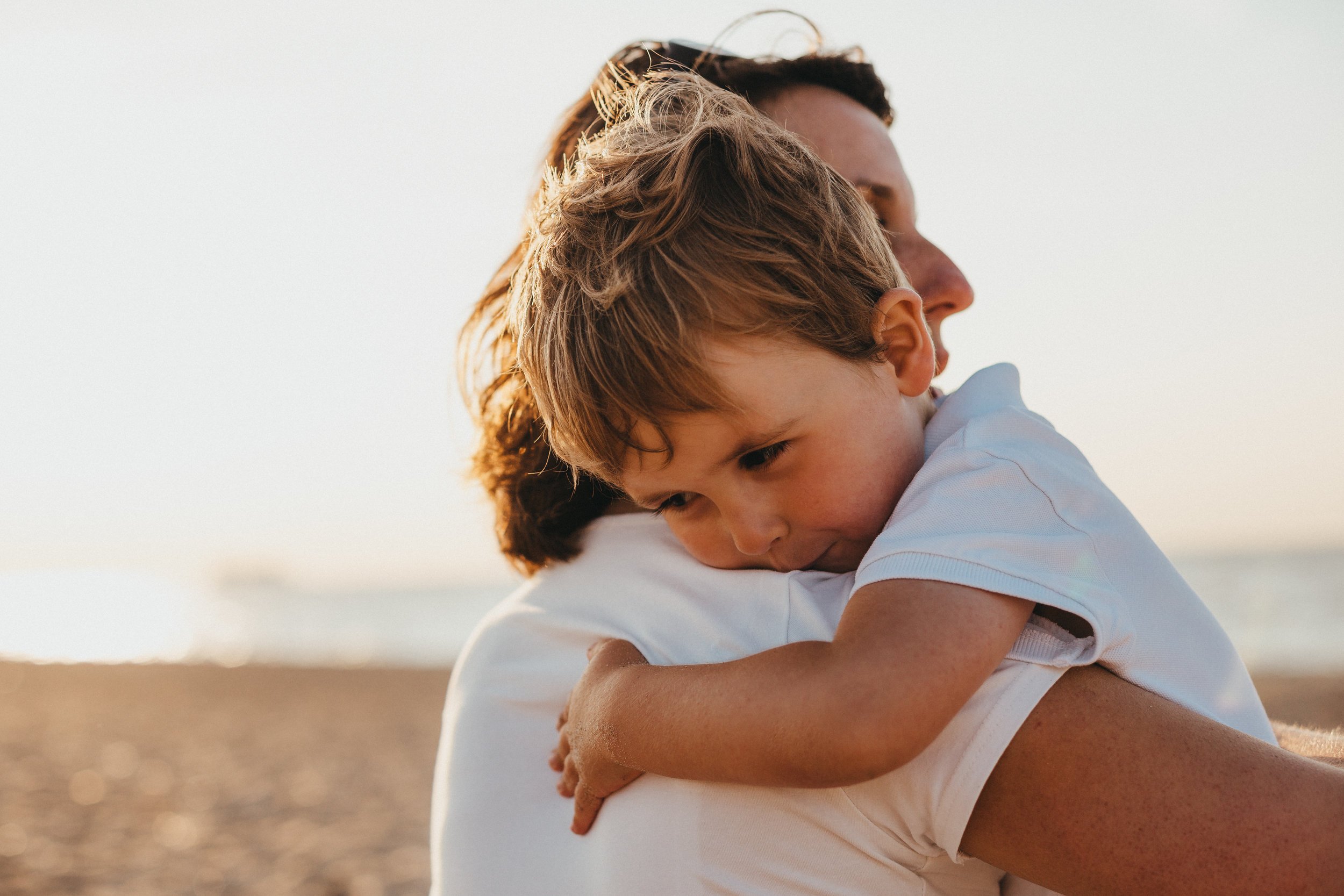
Caregivers, educators, and policy makers are imperative for young children’s development of emotional, cognitive, and social skills. Specifically, self-regulation—defined by Adele Diamond as the ability to control and manage emotion, cognition, and behavior—is an emotional, cognitive, and social competence essential for healthy growth and development. Self-regulation emerges from co-regulation, whereby caregivers support, instruct, reinforce, and coach young children to strengthen budding regulation skills. The begin to ECSEL approach, developed by Housman Institute Founder Dr. Donna Housman, promotes the progression of these skills, helping children along the path from co-regulation toward self-regulation.
Support and relationships with adults are integral for cultivating the transition from co-regulation to self-regulation in early childhood. Correspondingly, attachment—first defined by John Bowlby as the child’s reciprocal relationship with a primary caregiver, whereby the child wants to be with, draws comfort from, and objects to the departure of this adult—is at the core of co-regulation.
The begin to ECSEL approach recognizes that caregiver attunement, support and scaffolding are essential to the development of co-regulation and self-regulation; accordingly, this approach uniquely leverages educators’ abilities to scaffold children’s emergent self-regulation skills by employing a variety of co-regulation techniques. In a recently published article, Dr. Housman shares strategies for implementing co-regulation techniques with young children. She points to the importance of being “responsive and sensitive to the emotions of the child” and in providing “the safe and supportive environment to help label the emotions and safely express them.”
The approach recognizes that as young children age, their developmental needs shift. Dr. Housman notes that caregivers of infants need to capitalize on these warm and responsive interactions, anticipating and predictably responding to children’s needs, providing emotional and physical support, and modifying children’s environments as needed to decrease distress, stress, or anxiety.
Adjusting for growth, Dr. Housman recommends that caregivers of one to two-year-olds provide co-regulation by continuing to respond to the child’s dysregulated behavior with a calm voice, gentle touch and warm gaze; displaying affection; modeling self-calming strategies. Additionally, adults should introduce emotion regulation techniques that provide direction and guidance, thereby helping the child to increase behavioral control by re-channeling action into words. By the time the child is between the ages of three to five, the begin to…ECSEL approach advocates that adults provide co-regulation through modeling, prompting, and reinforcing self-calming strategies for upset children; through instructing and coaching children’s use of words to express emotion, identify solutions, and complete tasks; and through providing external consequences to support emerging self-regulation skills.
As influential adults in the lives of young children, we are behooved to remember our integral role in the progression from co-regulation to self-regulation. Begin to ECSEL does just that.
These Posts on Emotional Intelligence
Housman Institute, LLC
831 Beacon Street, Suite 407
Newton, MA 02459
info@housmaninstitute.org
(508)379-3012
Explore
Our Products
Legal
Connect
Contact
Join our Mailing List!
Subscribe to receive our newsletter, latest blogs, and ECSEL resources.
We respect and value your privacy.
No Comments Yet
Let us know what you think